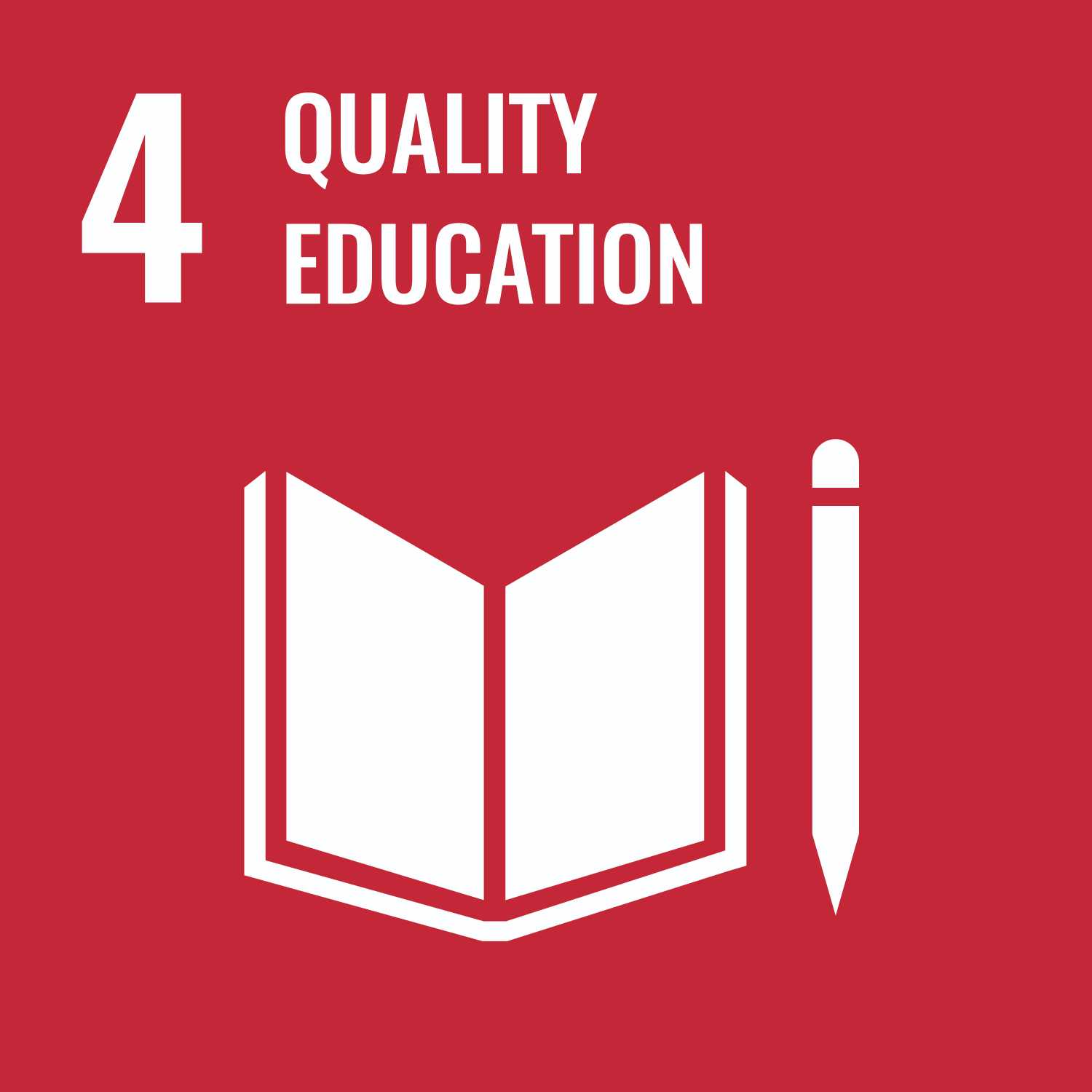The Learning Experience Design (LXD) Workshop conducted for the faculty members of the Civil Engineering Department was a remarkable event held over three consecutive days from May 23rd to 25th. The workshop aimed to empower participants with the knowledge and skills to create immersive and transformative learning experiences for their students. In addition to covering advanced topics such as converting activities into experiences, pillars of a learning experience, design philosophies, and hormonal simulations, the workshop provided a platform for faculty members to explore innovative teaching methodologies.
Workshop Highlights:
1. Converting Activities into Experiences: Faculty members were introduced to the concept of transforming traditional activities into engaging learning experiences. Through practical examples and case studies, participants learned how to create immersive experiences that capture students' attention and foster deeper learning.
2. Pillars of a Learning Experience: The workshop emphasized the essential pillars of a learning experience, including relevance, engagement, challenge, and reflection. Faculty members explored strategies to incorporate these pillars into their teaching methodologies, ensuring a holistic and meaningful learning journey for their students.
3. Design Philosophies: Participants delved into various design philosophies that enhance the learning experience, such as learner-centered design, interdisciplinary approaches, and real-world applications. By understanding these philosophies, faculty members were able to develop instructional strategies that align with the needs and aspirations of their students.
4. Hormonal Simulations: An additional highlight of the workshop was the exploration of hormonal simulations, which help to understand the students and effectively use them in their curriculum, enhancing the experiential aspect of learning.
The workshop empowered faculty members with the necessary knowledge and skills to create immersive learning experiences in the field of civil engineering. Participants gained a deep understanding of the importance of experiential learning and its impact on students' comprehension and retention of complex engineering concepts. As an outcome of the workshop, faculty members formed collaborative groups to design lesson plans that incorporate experiential learning principles and hormonal simulations. These groups will receive ongoing support from the CARE team, ensuring the effective implementation of innovative lesson designs. By adopting the principles and strategies learned in the workshop, faculty members are poised to transform the teaching-learning process within the Civil Engineering Department. Through immersive experiences, interdisciplinary approaches, and real-world applications, faculty members can create a dynamic learning environment that prepares students for the challenges of the civil engineering field.
The Learning Experience Design (LXD) Workshop for the Civil Engineering Department proved to be a transformative experience for all participating faculty members. The workshop equipped them with the necessary tools and strategies to create engaging and impactful learning experiences for their students. By incorporating advanced topics such as converting activities into experiences, pillars of a learning experience, design philosophies, and hormonal simulations, faculty members are now better positioned to revolutionize the teaching methodologies within the Civil Engineering Department, creating a stimulating and experiential learning environment for future engineers.


